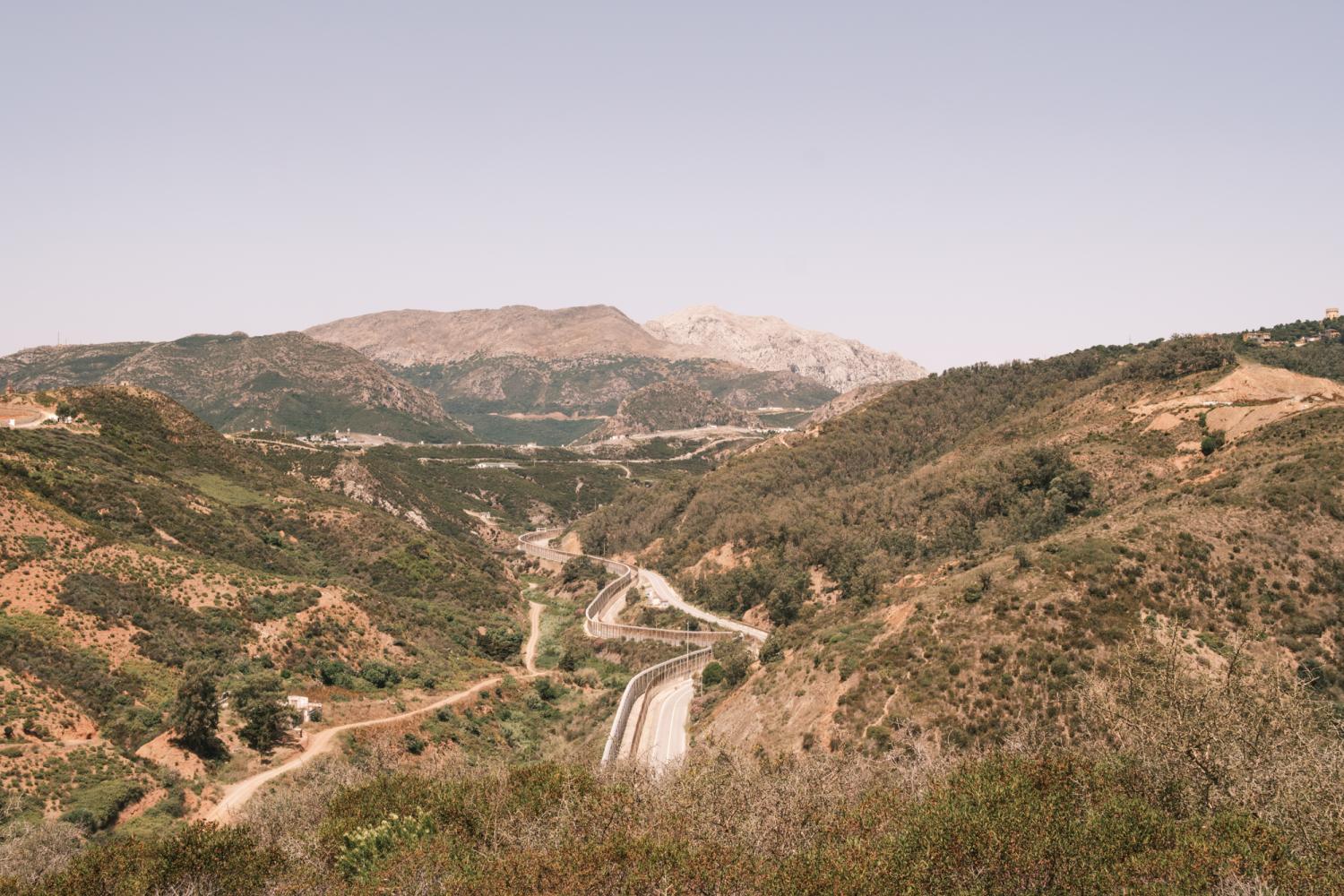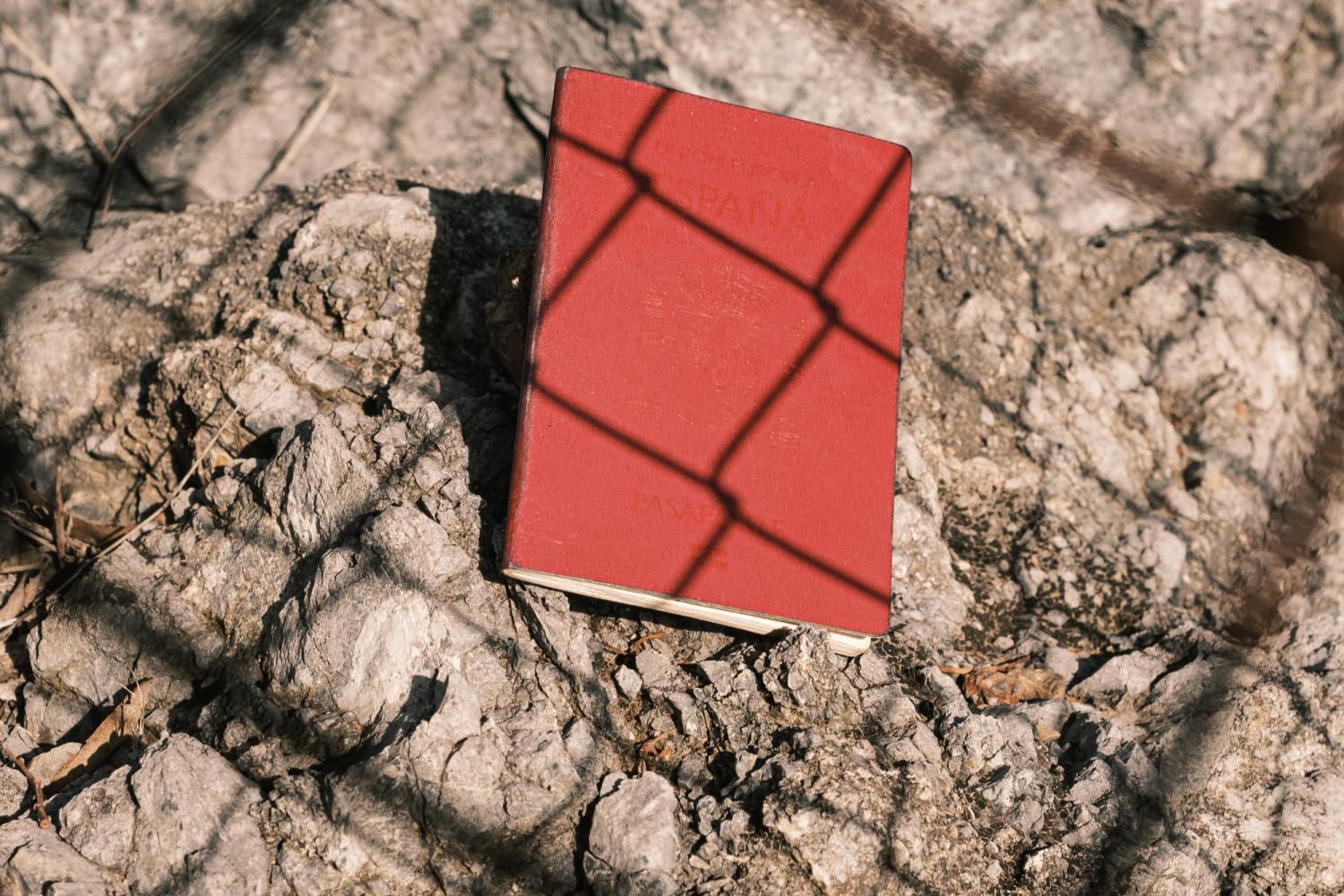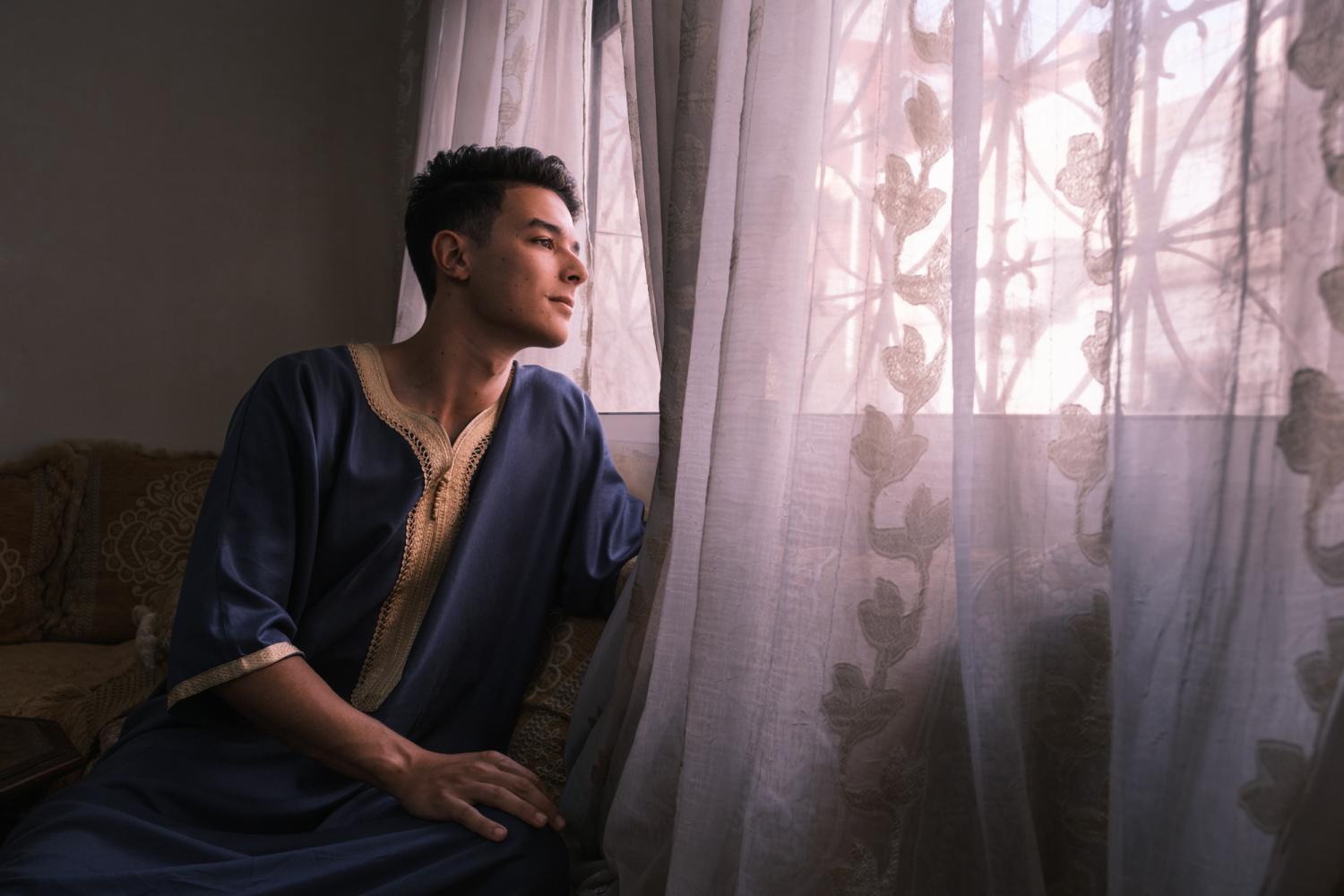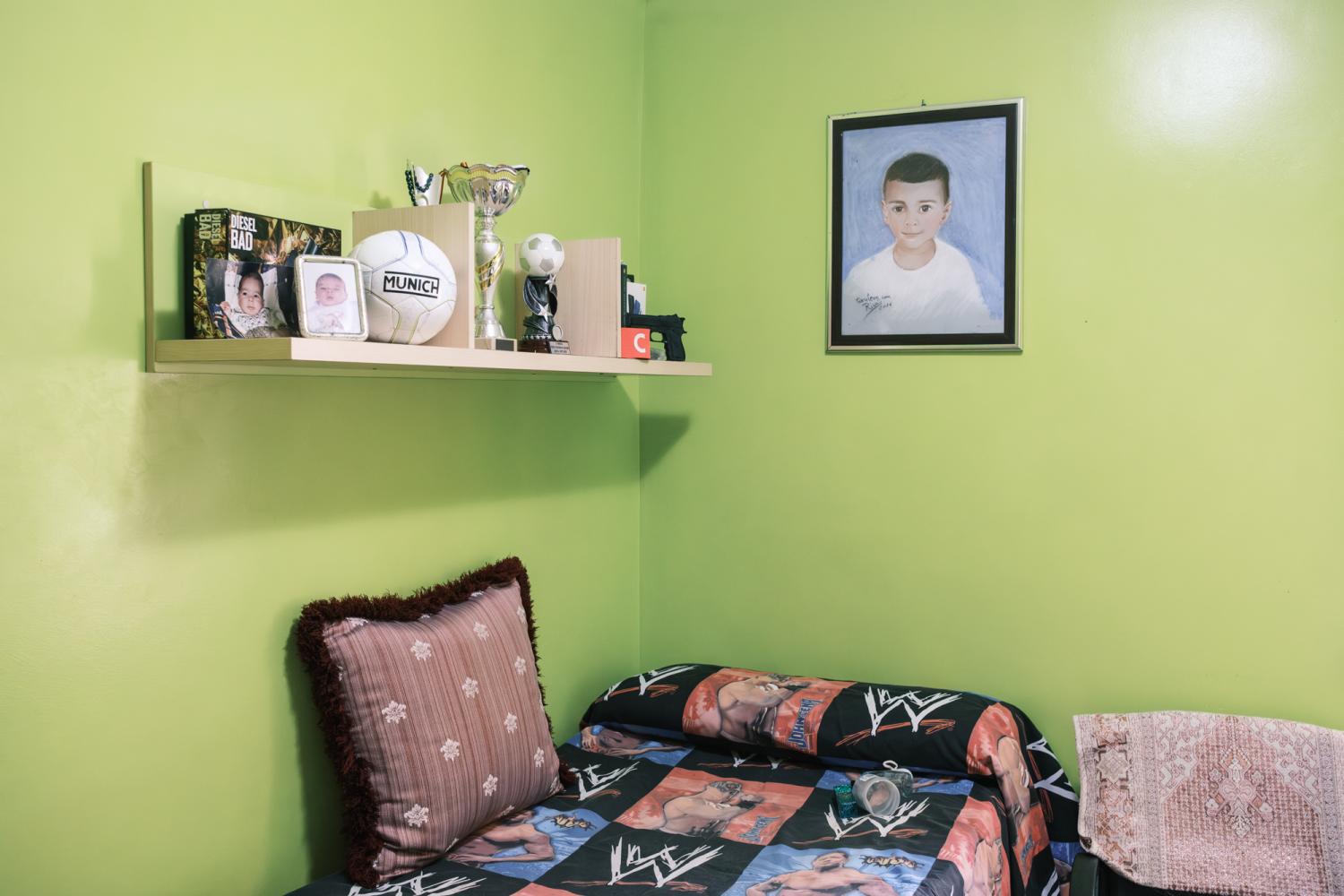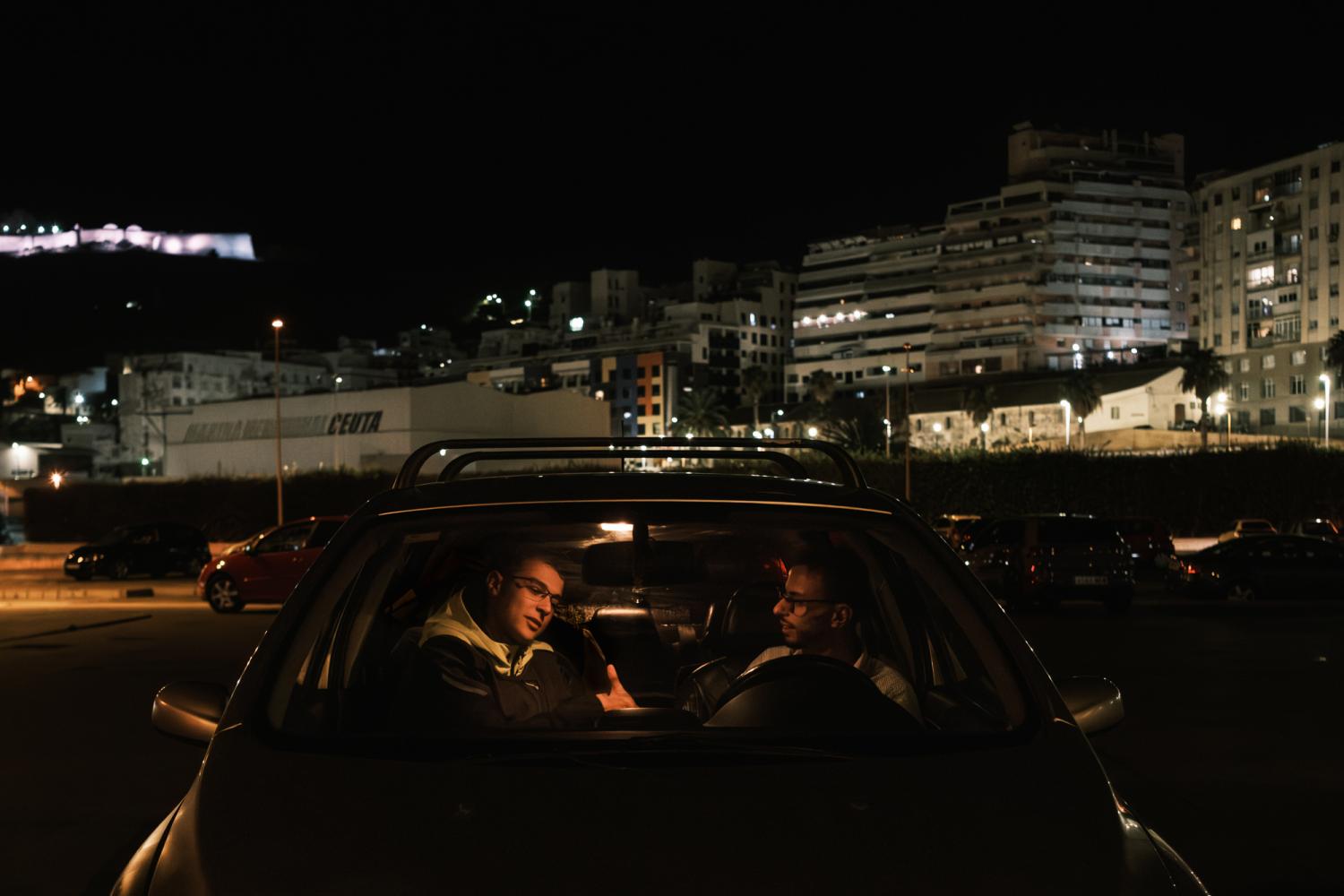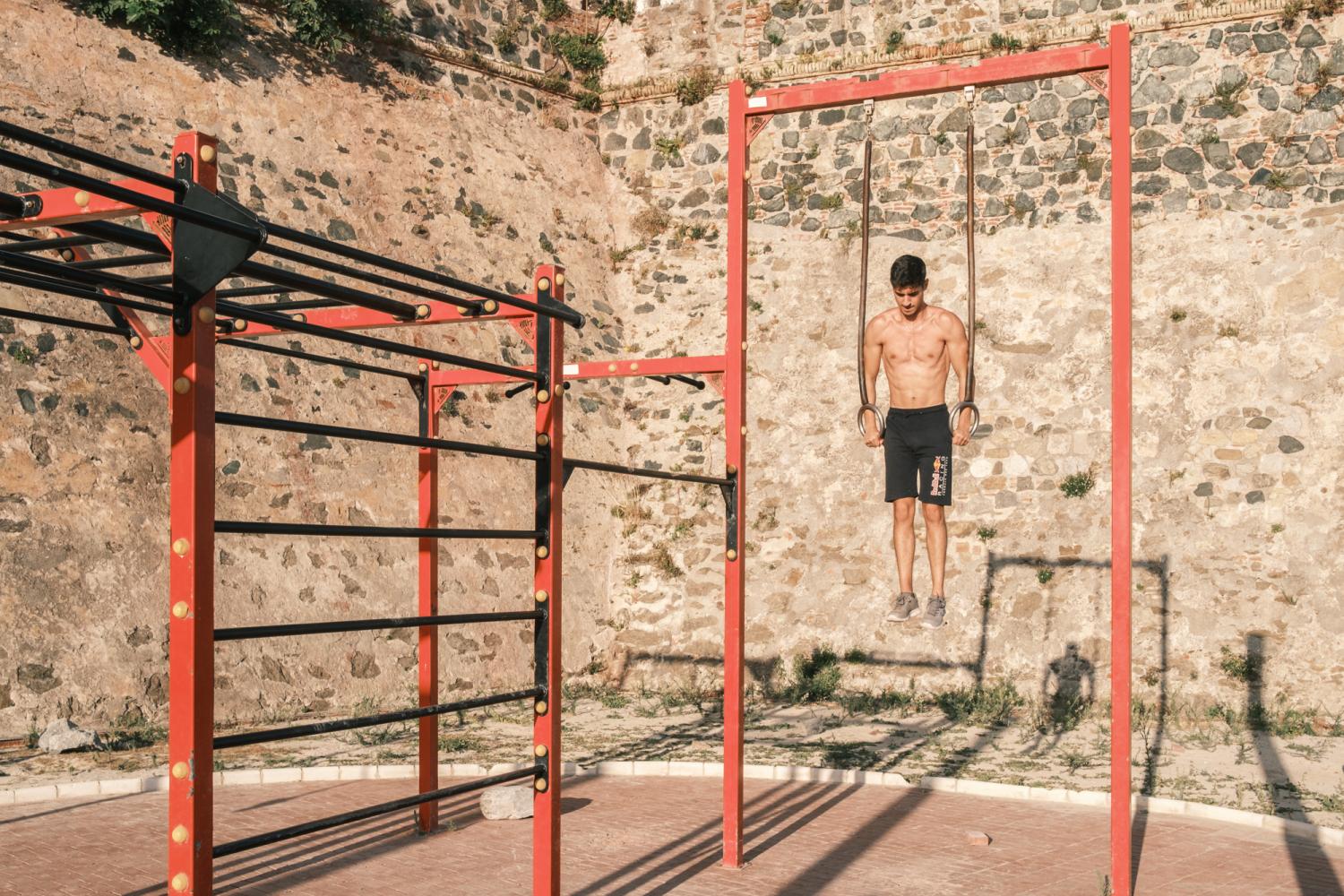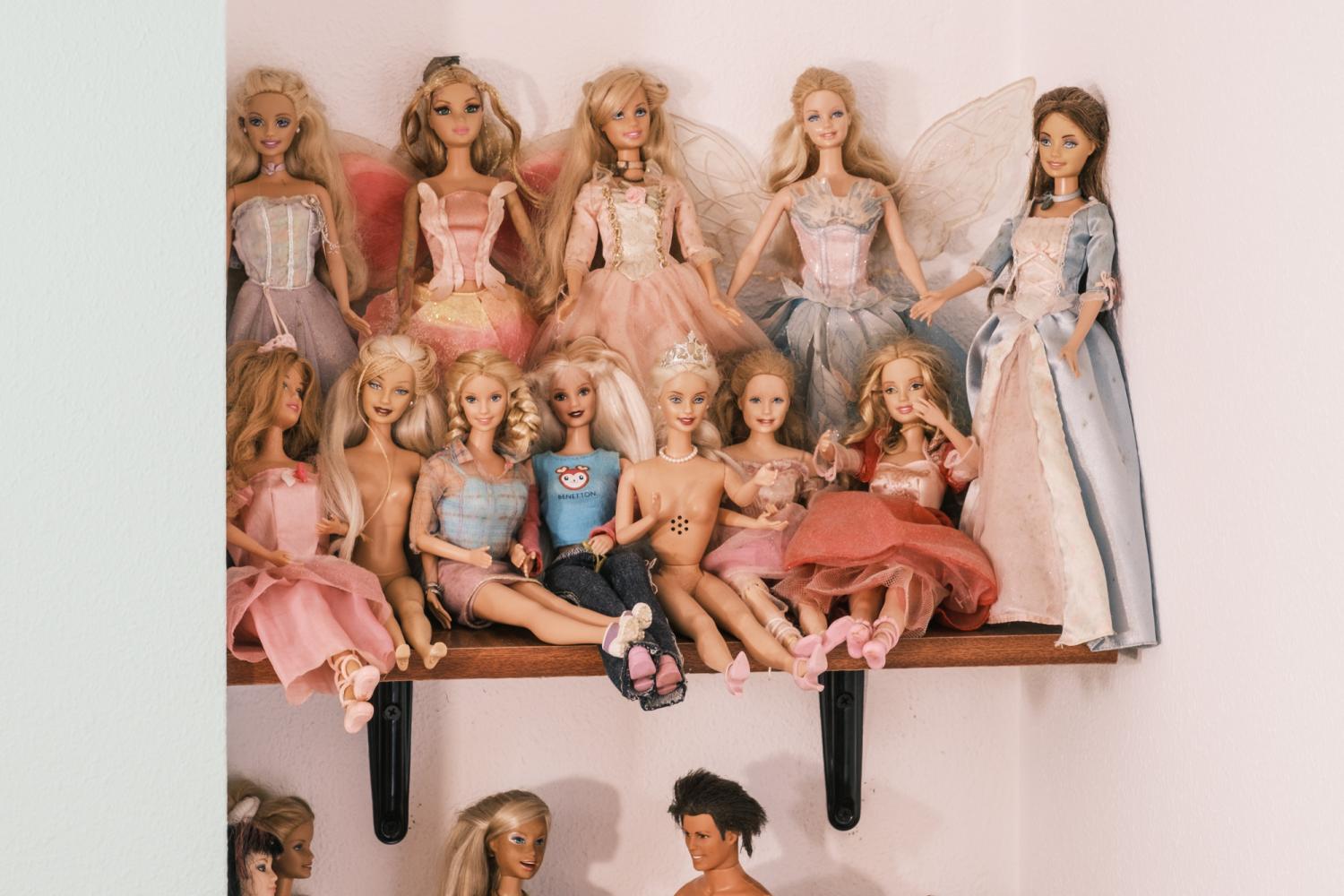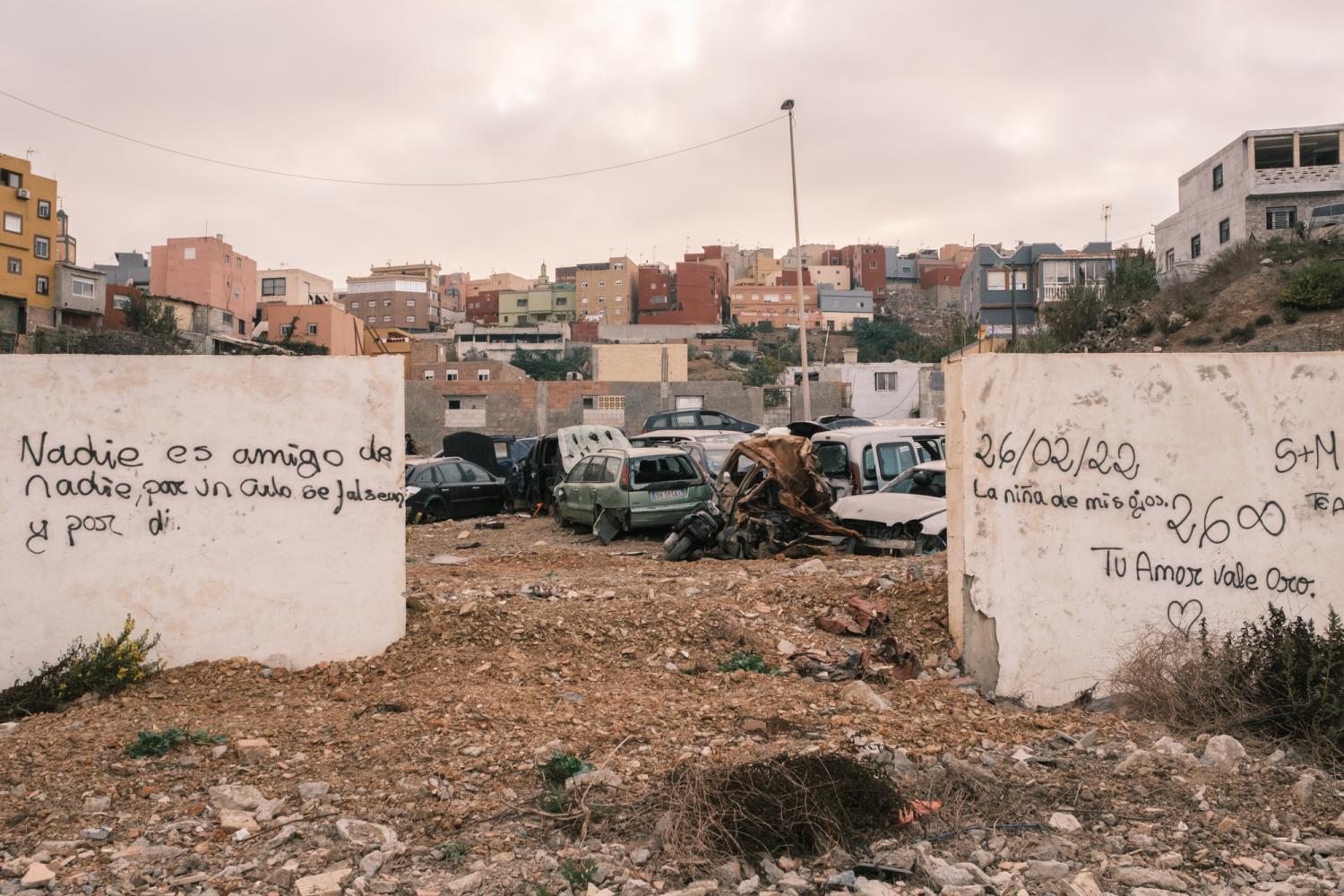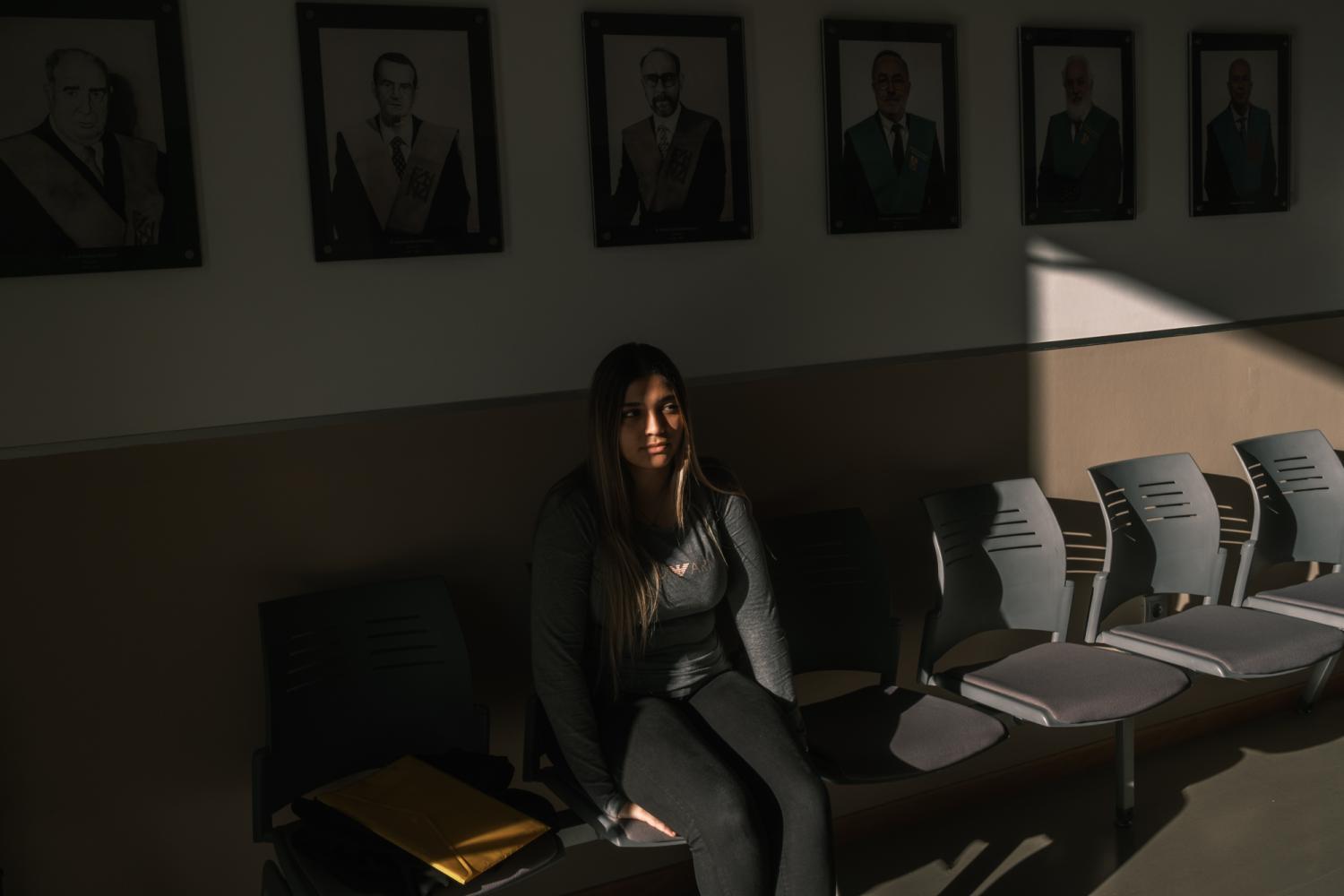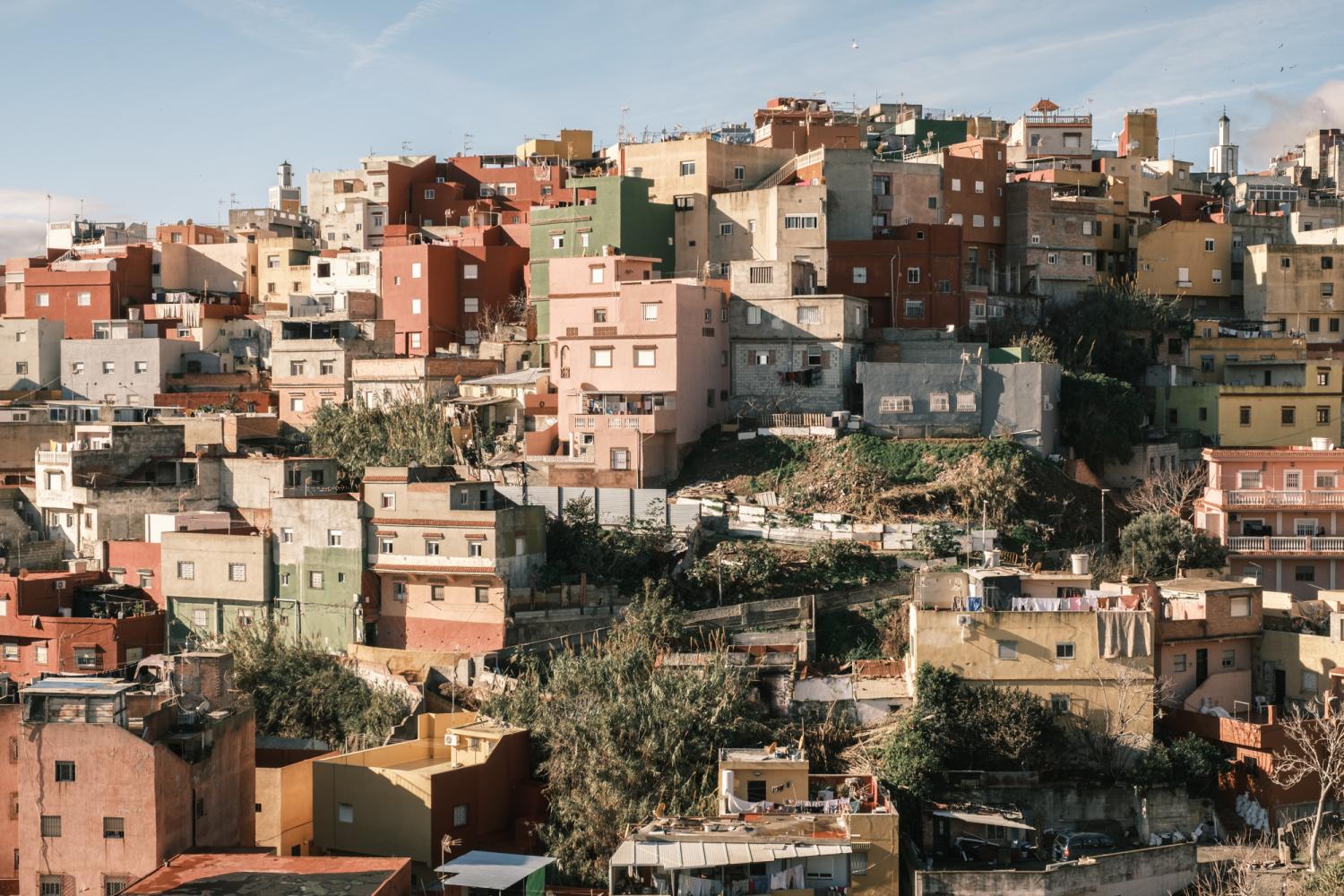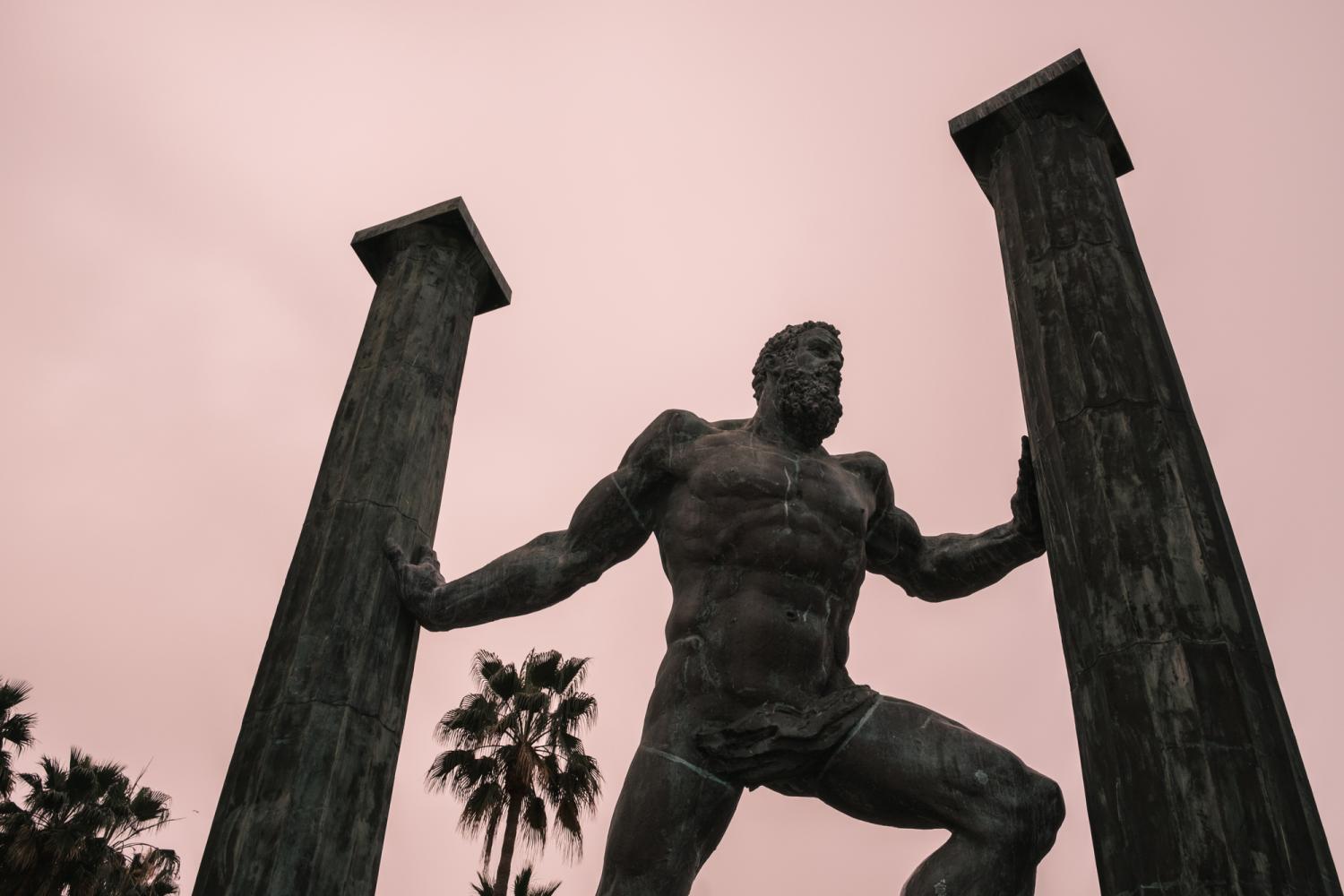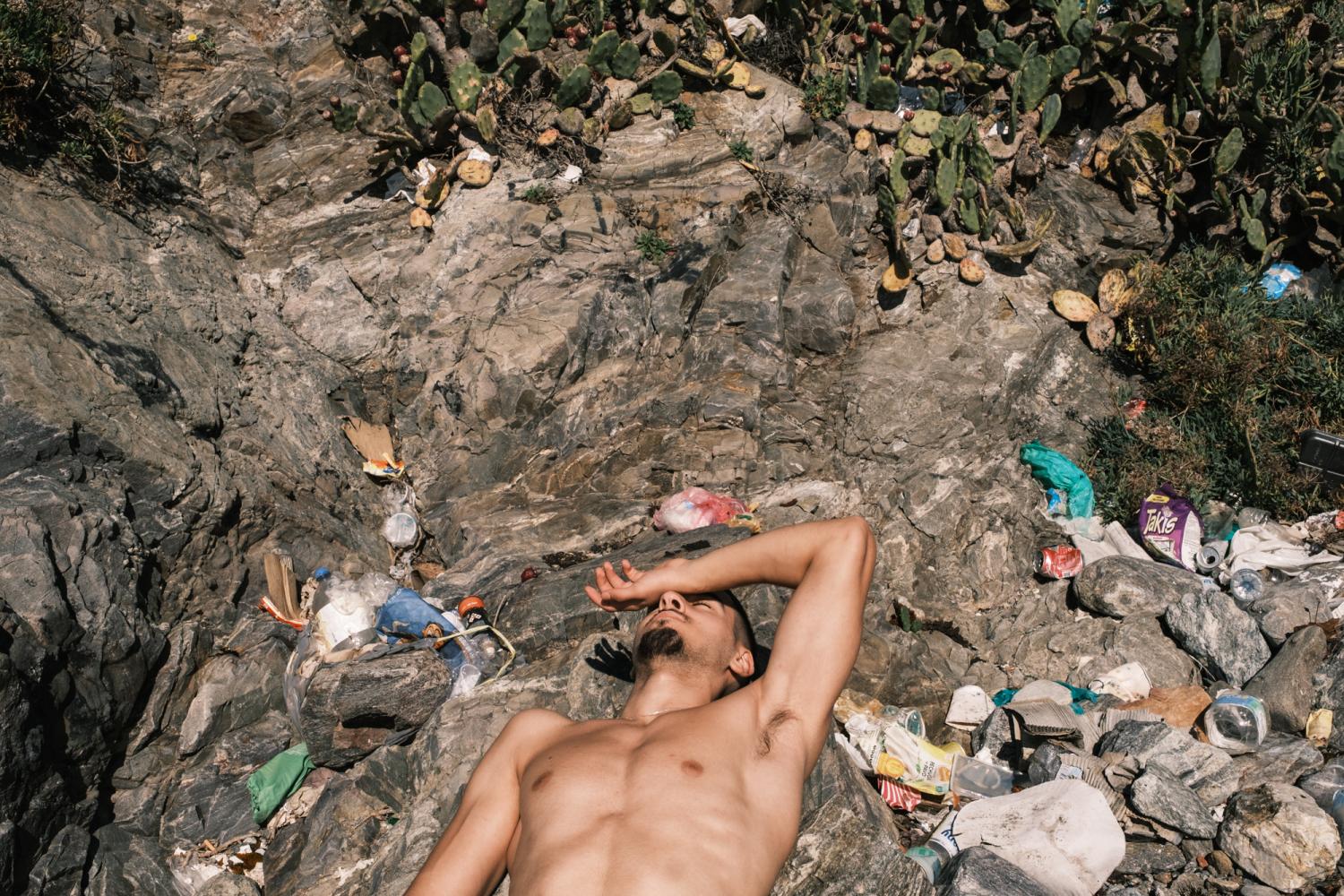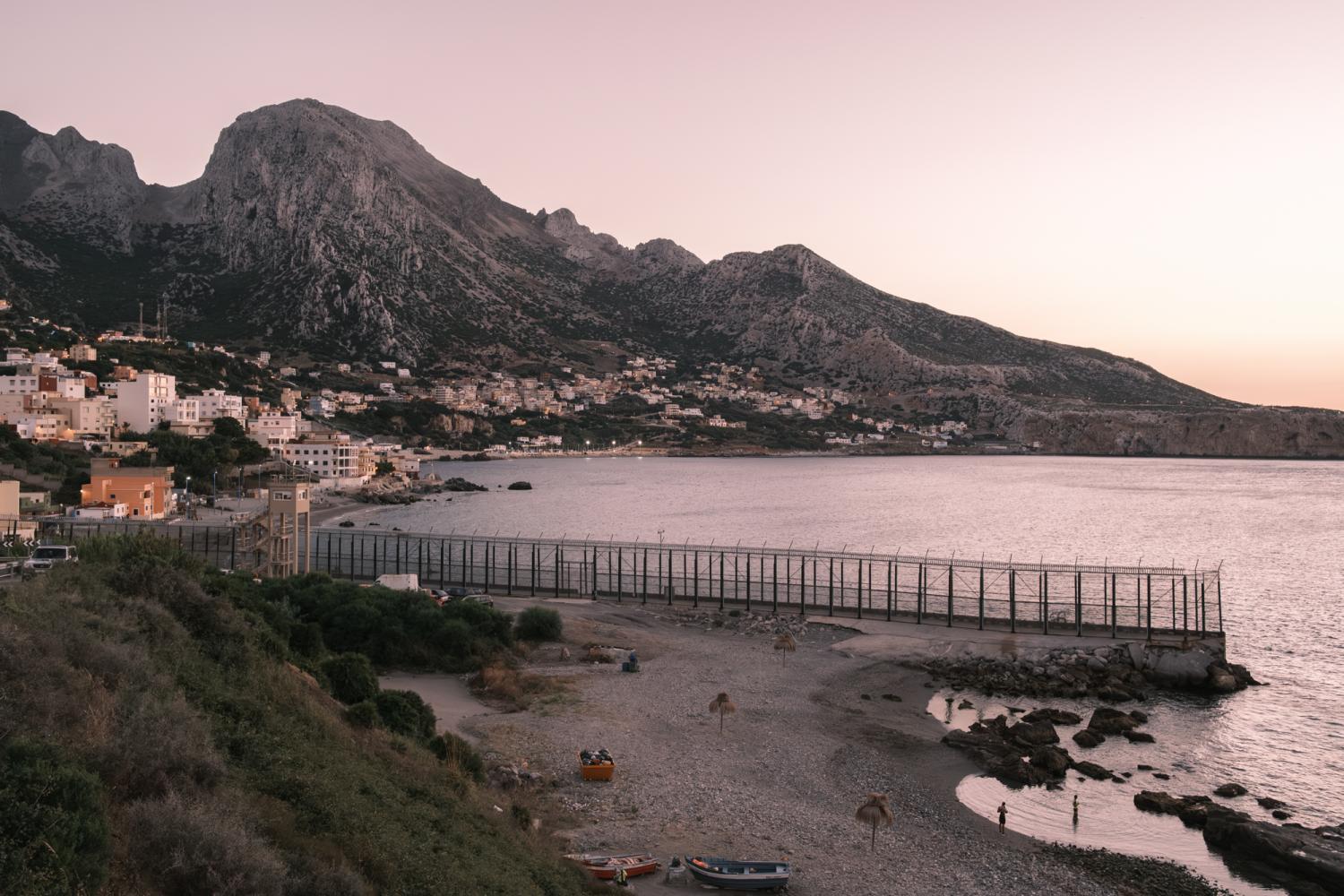
Nicolas Brunetti
Inshallah
Inshallah is an Arabic word, often used by Muslims, meaning \'If God wills\'. It manifests the hope of a believer that an event may happen, the dream of seeing one\'s goal realised. The project speaks about dreams and hopes of youngsters living in the Principe Alfonso barrio, in Ceuta (Spain). These youngsters live on a social exclusion situation, feeling a sensation of suspension and waiting. They are Spanish, European, in Morocco, but they do not feel they have the same rights and therefore find themselves almost without nationality. The youngsters of Principe Alfonso cannot find work because they are considered dangerous and unskilled. Ceuta is the city with the highest unemployment rate in Europe, where the percentage is around 30%. Out of around 83,000 people, roughly 29,000 are employed. The land border between Ceuta and the Moroccan hinterland is fenced and monitored, with the aim of containing the entry of migrants into the semi-enclave. After the illegal entry of some 10,000 Moroccans in 2021, the border was closed definitively. The Principe Alfonso barrio is positioned on a hill close to the Moroccan border and is described by international press as one of the most dangerous neighbourhoods in Europe. The barrio has a complex history and a very problematic present: in the last twenty years it has gone from wars between drug traffickers to a phase of Islamic radicalisation and links with jihadism. Today\'s problem is youth crime, less organised but just as dangerous: there are shootings almost every week. The causes are unemployment, dropping out of school, poor state presence and lack of prospects. The drop-out rate before the end of compulsory schooling is around 24% in Ceuta, but within Principe Alfonso it is over 56%. The population of the neighbourhood is growing, the average age is lower and lower, but the prospects for those born here are limited. The wishes of the youngsters of Ceuta are to be found between the desire to see what lies outside of this semi-enclave and to be able to be considered on an equal footing with their fellow villagers.

